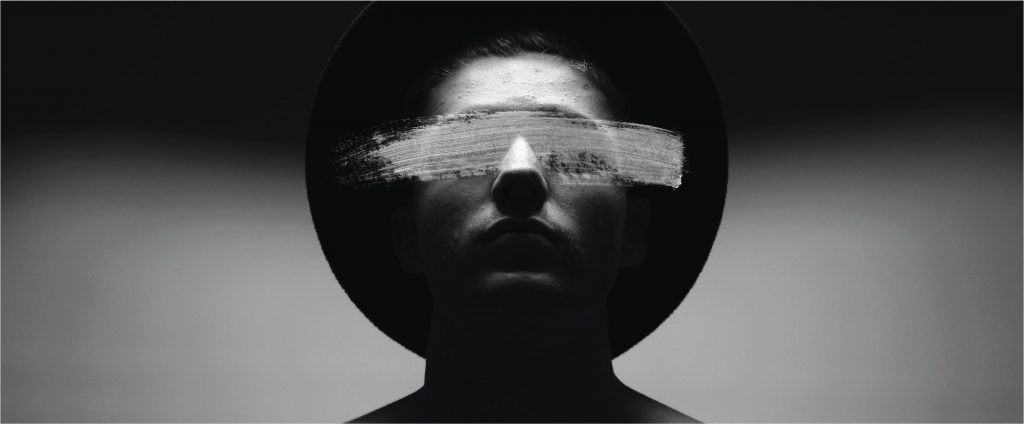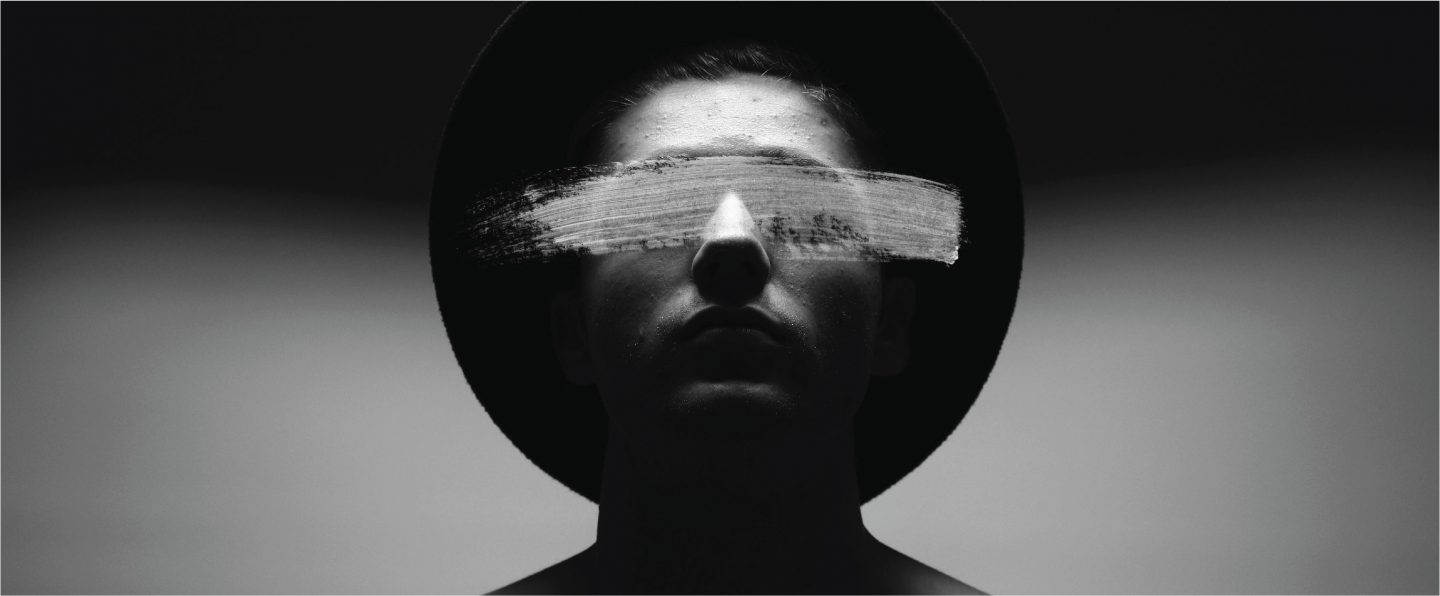
When he told her that Dr. Kahn said he had skin cancer because over the years he had refused to wear a hat, sat too long in the sun, thought nothing of rubbing on anything like a lotion or sun screen, she sighed, “I told you so.” In fact she said it three times. And with each time he replied, “Yes, you were right.”
Earlier that day, responding to Dr. Kahn’s call to come see him, when he asked why, Dr. Kahn said, “Never mind, just show up; I have your test results.” And so he did, and Dr. Kahn, like always, in his matter-of-fact way, came right to the point, announcing that there was evidence of skin cancer right here, here and here, pointing to a brown tear drop on Maher’s cheek, a blueblack inkblot on his right wrist and something like a chocolate stain on his thumb. Doctor Kahn, whose moustache had always been too small for his face, was not happy about this, almost as if it were more his cancer than Maher’s. His list of unhappiness started with: “it could have been avoid, you know” to “you refuse to pay attention to your own body,” ending with “someone your age should know better.” Practicing for his wife, Maher said he was absolutely right. Doctor Kahn gave him a glance with nod, as if he were saying all the right things. With Dr. Kahn stopping to look out the window, in a flurry of emotion, Maher started with self-pity, jumped to anger and finally—Dr. Kahn all done looking out the window–settled on unfairness. Although he’d rather not have any of it, there was something reassuring in knowing that at the very least he could see it, there on his flesh, compared to that other internal invisible kind. After Doctor Kahn took two telephone calls—one urgent, the other not—followed by an abrupt “I’ll be right back, when he returned, he held a bright red file, and plopping it down on the desktop, declared, “This is your skin cancer file.”
Maher’s response was the stuff of reflex. “Does it have to be red?”
Not only did Dr. Kahn’s moustache not fit this face, but he was also a terrible golfer. Maher had watched him that one Saturday last spring, at hole number seven, spray tee shots left, right and then left again, until finally, with drive number four sailing long and straight, the doctor announcing to the others, “That’s the one for me.”
As the two of them looked down at the red file, he secretly watched Dr. Kahn for the smallest hint of a smirk, a half-hearted grin, but he only pushed his glasses back against the bridge of his nose and commenced to write doctorly on page one of Maher’s skin cancer file.
When the nurse walked in—a bright cheerleader face who looked too young to be anybody’s nurse—she saw his red file, gave Maher an I am-so-sorry look, stepped to the cabinet, opened one of the glass doors, moved a shiny silver instrument from here to there, and then turned to wash her hands in the sink before walking out. Maher thought it should have been the other way around, washing her hands first before moving the instrument. Meanwhile, Doctor Kahn, all done writing, leaned back in his chair and said, “We have a procedure for things like this, you know.”
“Yes, I am sure. But a red file. Really?”
With a now-smirk, he said, “Of course. It’s policy.”
The procedure amounted to a harsh scraping of the skin, two daily tablets–one small and green, the other big and greener—and applying a cream that, admittedly, smells terrible, but “Never mind, do you want to get better or not?”—three times a day. “In the end, after two weeks we will have you back to reevaluate. What do you think about that?”
Maher answered, “I think that’s fine.” It was one of those weak, what-does-a-patient-know-about-skin-cancer responses.
Dr. Kahn stood up and said, “Fine, then we’re done.”
In the past this is where they would have had a firm handshake but given Maher’s new red file, neither one of them offered a hand.
At the front desk was a grandmotherly assistant with suspiciously white teeth who wished him, “Good luck.” Her nametag said Molly. Everything was wrong with Molly. First, nobody that old was named Molly and second, she had green eyes, the sort that made him think of nighttime alligators. Still, he said thank you to her good luck, signed the piece of paper she had pushed his direction and moved into Dr. Kahn’s waiting room. Two women, one with a little snotty-nosed boy, and two men, one with muddy boots, looked up when he stepped through the door. This, along with her good luck, was the worse part of all: as they scanned him for any telltale sign of imperfection: wounds, stains, any sort of seepage would do.
That night, when he told her about the red file, after a momentary wait as she inspected her fingernails, then finding some grainy morsel between her teeth, she said, “Serves you right.”
Flat on his back in bed, Dr. Kahn was right: the cream did stink.
Later still, in mid-sleep, she accidently flopped an arm his way, lazing it on his forearm, inches away from skin cancer number two on his wrist. Slowly, methodically, like defusing a bomb, he reached over and moved her arm back to her side and safety. Only then, as she mumbled and turned, in the dark, did tears begin to gather in his eyes.
T
The Ballad of Maher’s Skin Cancer





